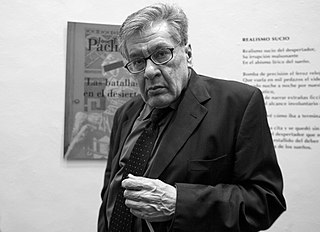A Quote by Howard Jacobson
A novel is not a play. A novel takes one reader at a time into its confidence. It can be shockingly personal. Private, even.
Related Quotes
You can't have a novel without real, believable people, and once you get into either too theoretical a novel or too philosophical a novel, you get into the dangers that the French novel has discovered in the past 50 or 60 years. And you get into a sort of aridity. No, you have to have real, identifiable people to whom the reader reacts in a way as if they were real people.
Something happens between a novel and its reader which is similar to the process of developing photographs, the way they did it before the digital age. The photograph, as it was printed in the darkroom, became visible bit by bit. As you read your way through a novel, the same chemical process takes place.







































